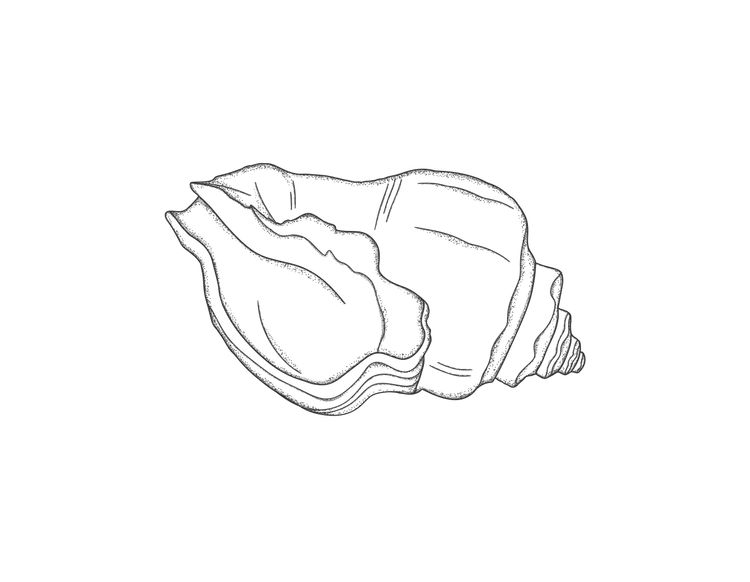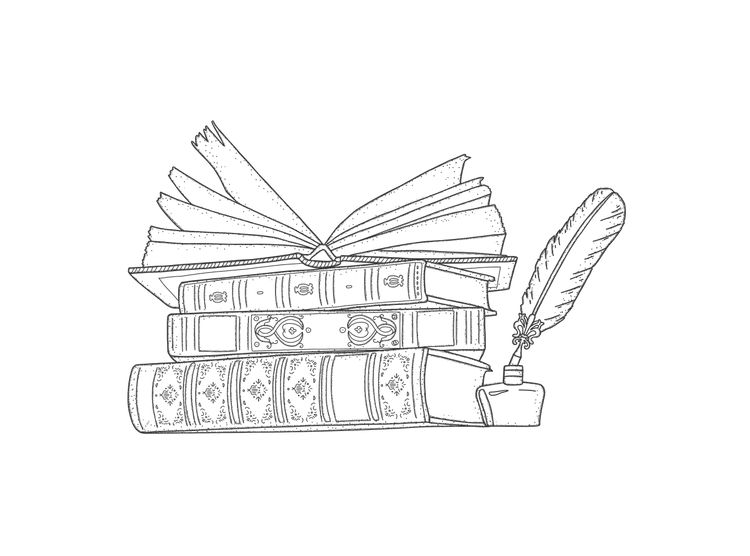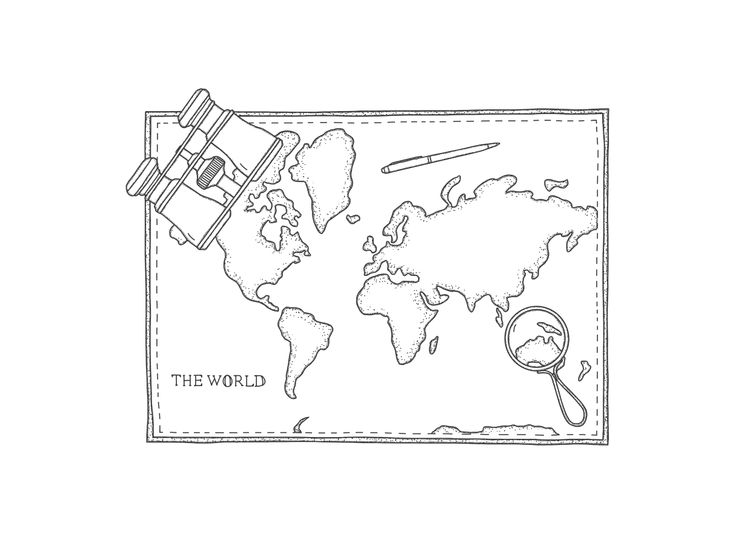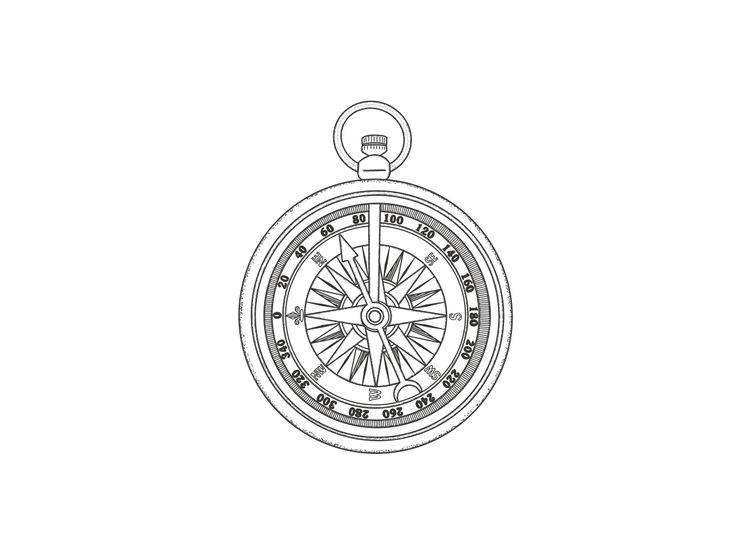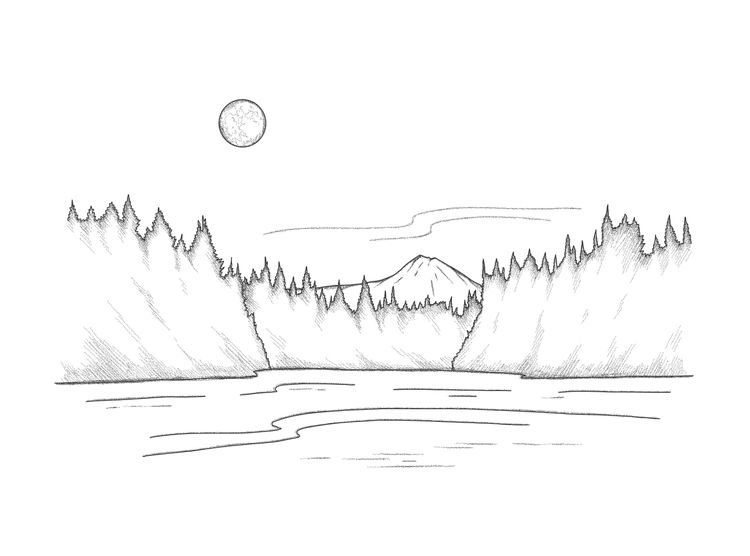Beginning
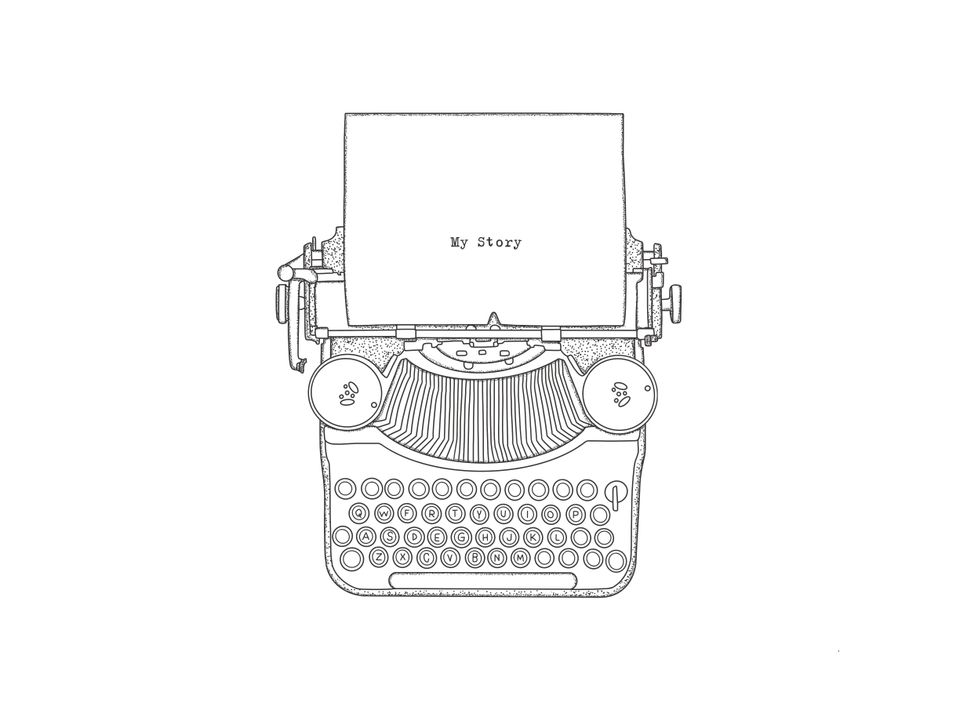
An empty page. A decision delayed. A journey not yet begun. What is it that makes beginning so hard? What is in that tender moment between thought and action, when the critics and the bullies who live inside us feed on our doubts and insecurities?
To begin is to face the fear that others will find us wanting, or lacking, or not enough. It is to risk the flush of shame that comes with the judgment of our peers. To begin is to find the courage to reveal ourselves to the world—to drop the mask of expertise, or cynicism, or title, and show something that is heartfelt and true.
In beginning, we open ourselves to the world, which is always changing, and invite the possibility that we must change as well—that we may need to abandon old and familiar stories, and in their place embrace the new and the strange. To begin is to set free the playfulness and joy of the child who has always lived inside us, but who we have locked away behind our adult sensibilities.
To begin is to find the seriousness to respect and honor the uniqueness of the life in us. Confronting the choreographer Agnes de Mille's doubts about her work, Martha Graham said this:
There is a vitality, a life force, an energy, a quickening that is translated through you into action, and because there is only one of you in all of time, this expression is unique. And if you block it, it will never exist through any other medium and it will be lost. The world will not have it. It is not your business to determine how good it is nor how valuable nor how it compares with other expressions. It is your business to keep it yours clearly and directly, to keep the channel open.
To live like this is to feel the life flow through us. It is to die and to be born again every day, as life renews itself in us.
I joined The Economist as a junior reporter in London in 1996. I would later come to love my work there, especially as a foreign correspondent. But that first year was brutal. Wednesdays were the worst. That was deadline day, and it would start with clammy palms and a churning stomach.
The worst of it was the fucking first paragraph. I had this story I told myself that if I could just start my article with something solid, the rest would somehow write itself. All day I would labor in shame at my efforts, and in growing terror of the approaching deadline. Every now and then my boss, the finance editor (a lovely man who I keep in touch with to this day) would step into my office, look over my shoulder at my soiled and tear-stained copy, draw a sharp breath between his teeth as if in some kind of physical pain, and say "Oh, I don't know about that, Ben". When my article finally came back from six rounds of editing, I would hunt in desperation for a word I recognized. Occasionally, I found a whole phrase.
If you haven't had a chance to listen to (or read) Brené Brown, try this podcast on FFTs ("Fucking First Times"). "Name it, normalize it and reality check it," says Brené. Gotcha.
I just have to give another shoutout to Maria Popova's newsletter, The Marginalian. Thank you for pointing me to this wonderful passage in Agnes de Mille's biography of Martha Graham, Maria. When my own inner demons start up, I sometimes remember to remind myself that it is not my business to determine how good or valuable I am.
Each week I explore a life metaphor that has touched me in my coaching. Subscribe to get my scribblings every Sunday morning. You can also follow me on Medium, or on LinkedIn. Feel free to forward this to a friend, colleague, or loved one, or anyone you think might benefit from reading it.

